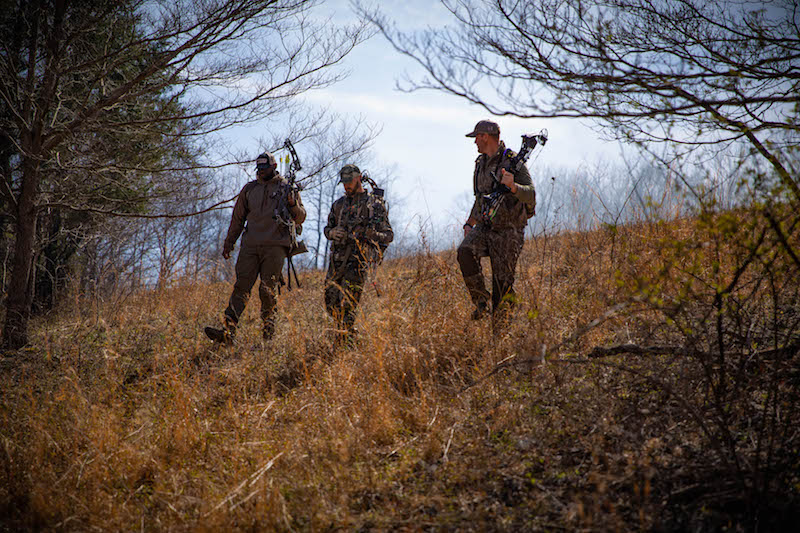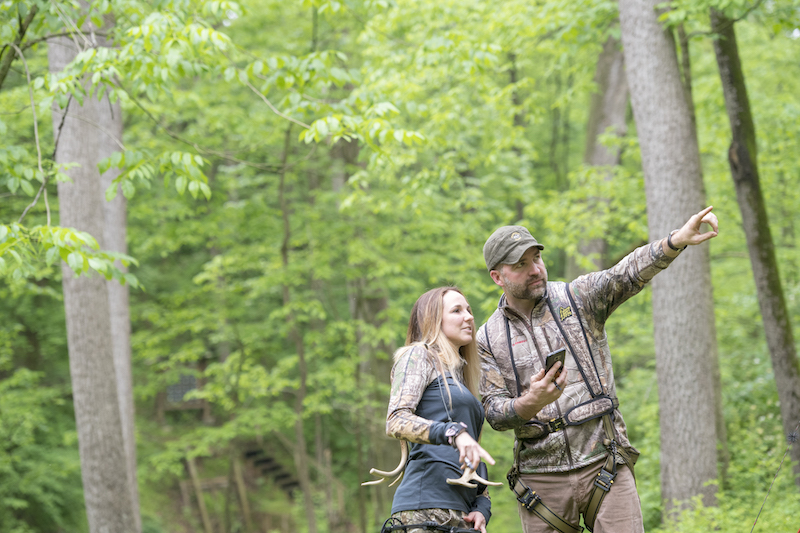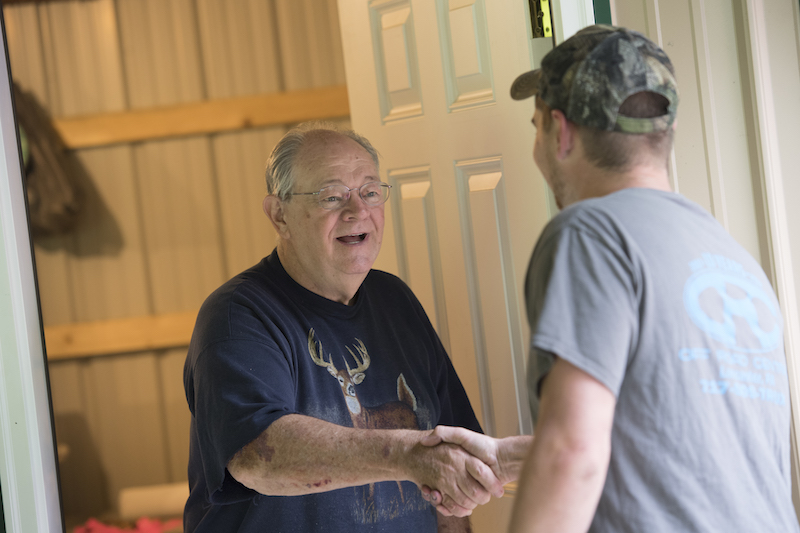Teaching yourself how to hunt is challenging. Whether it’s skills and equipment or strategies and regulations, you have much to learn. Hunting mentors, however, can provide helpful, practical advice, and ease the transition from nonhunter to hunter.
Hank Forester, an avid mentor and the hunting-heritage programs manager for the Quality Deer Management Association, said mentors provide the easiest way to learn.
“Some aspects of hunting are hard to learn on YouTube,” Forester said. “You need hands-on learning. A mentor is the quickest way to get that.”
Charles Evans, an associate wildlife biologist and the R3 coordinator for the Georgia Wildlife Federation, agrees.
“It’s hard to teach yourself how to hunt,” Evans said. “There are so many things you have to know. That’s where the mentor comes in. Having a mentor will benefit you because you’ll have someone to call or text if you have a question. They can also take you out hunting and provide social support. They’re an invaluable resource.”
Evans and Forester said potential mentors abound. Beginners just need to know where to find them.
Let’s review three ways to find a hunting mentor.

Check out local programs or reach out to a bowhunting friend to find a mentor. Photo Credit: ATA
Look in your personal or professional life for someone who hunts. Ask friends, neighbors, coworkers, family members, and church members if they know someone who hunts.
According to the 2017 U.S. Fish and Wildlife Service survey, the U.S. had 11.5 million active hunters in 2016. If you’re dedicated and resourceful in searching for a mentor, you’ll likely find someone who hunts, or knows someone who hunts, Evans said.
Nonprofit organizations like the Rocky Mountain Elk Foundation, Quality Deer Management Association, and National Wild Turkey Federation host events to take new hunters afield.
Joining a sportsmen’s group connects you to like-minded individuals to support your hunting journey. A recent QDMA survey found 60% of its members would mentor someone in their area who wanted to learn how to hunt, Forester said.
If you’re struggling to find a one-on-one mentor, search online to find a class or program nearby. Group classes and programs are well-organized, informative, and often promoted on websites or social media.
Many state wildlife agencies have “Field to Fork” or “Learn to Hunt” programs for those interested in learning to hunt. These programs teach basic skills to those with little or no hunting background. Visit your state agency’s website for opportunities.
Be diligent. “There’s definitely something in your area that brings hunters together,” Forester said. “I say that with confidence for any area of the U.S.”
It might be daunting, embarrassing or nerve-racking to ask someone to take you hunting, but be bold. If you’re serious about learning, the risks are worth the rewards.
Forester urges new hunters to be genuine and enthusiastic. “If you show initiative and ask for assistance, you’ll get out there,” he said.

Practice at the range or go scouting before going on a hunt. Photo Credit: ATA
Once you’ve found a mentor, don’t instantly jump into the blind. Build your skills and knowledge as you build a relationship with your mentor. Bond before you bowhunt:
If you feel unsafe or uncomfortable around your mentor, walk away. Forester said mentoring relationships are like friendships. You might not click with everyone. “If it doesn’t work out, don’t give up,” he said. “Just start looking for a new mentor.”
When working with your mentor, “Trust, but verify,” Evans said. “If your mentor tells you something, look it up and have a conversation about it,” Evans said.
Do your research to expand your knowledge and prepare for solo hunts.

Thank your mentor for sharing their expertise with you. Photo Credit: ATA
One last piece of advice: Always thank your mentor. Mentors don’t have to share their gear, wisdom or hunting hotspots, but they do. As a token of appreciation, treat them to dinner and send a handwritten thank you.